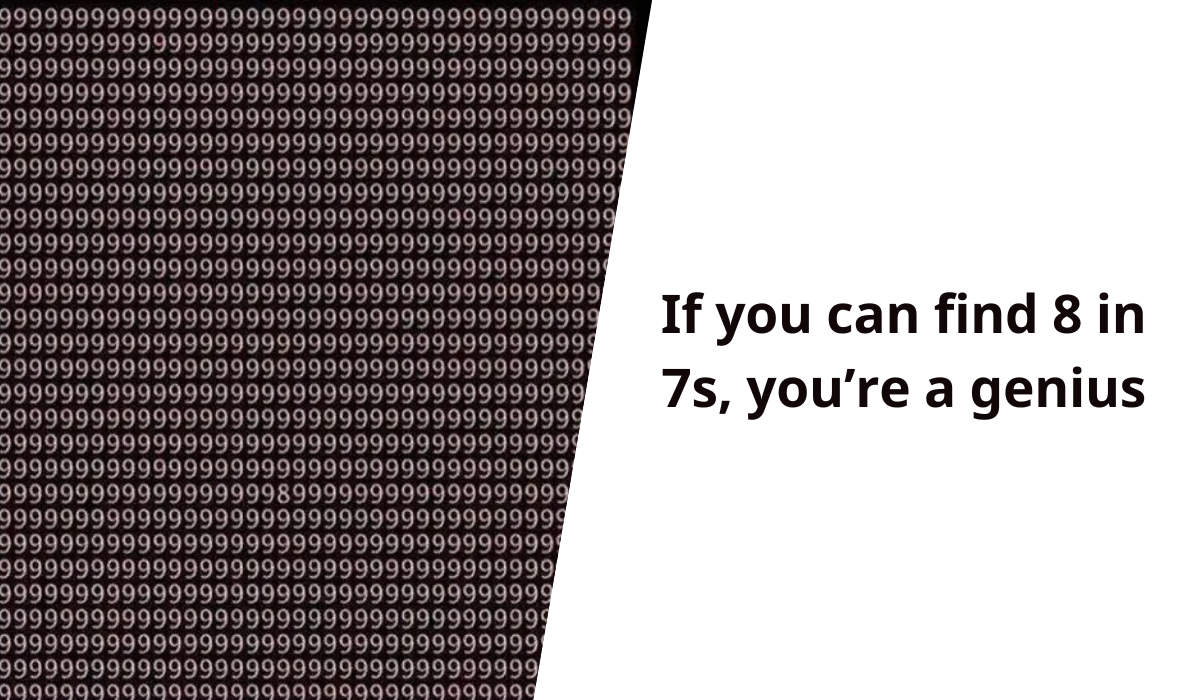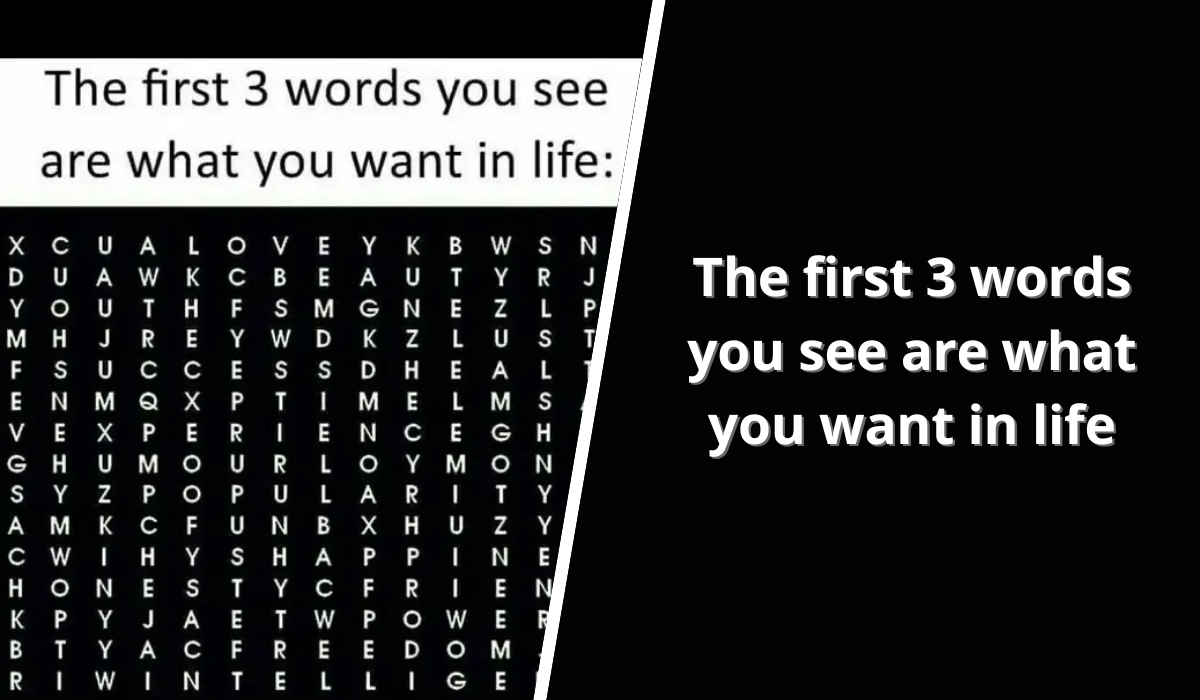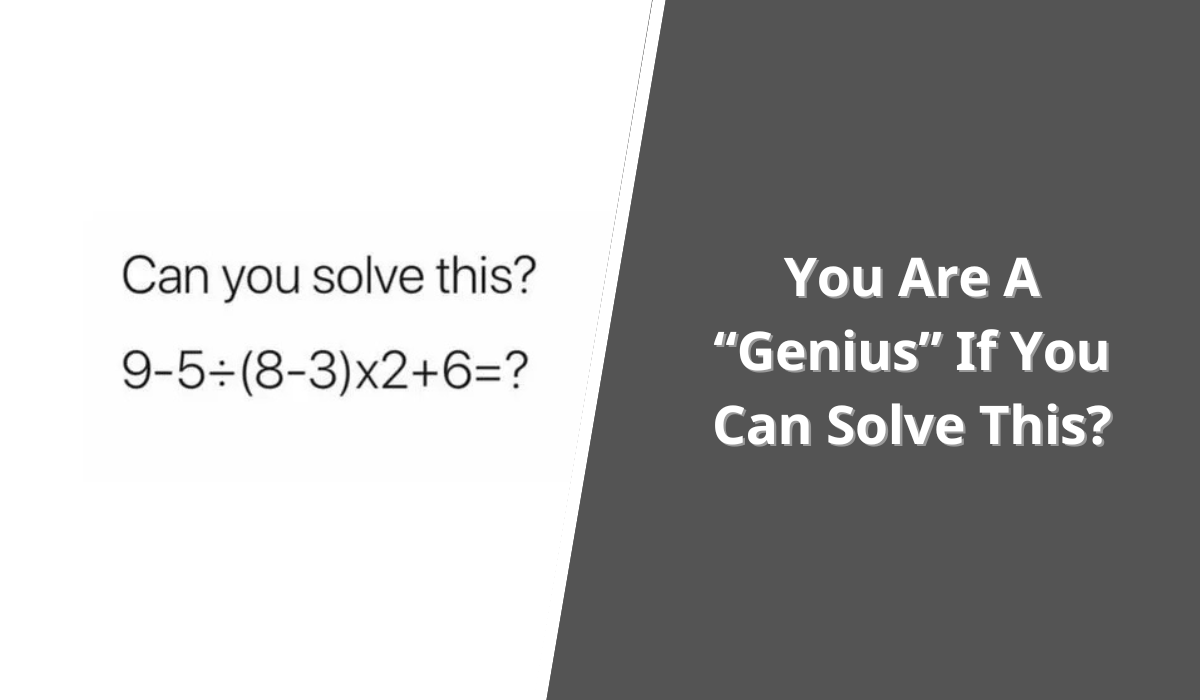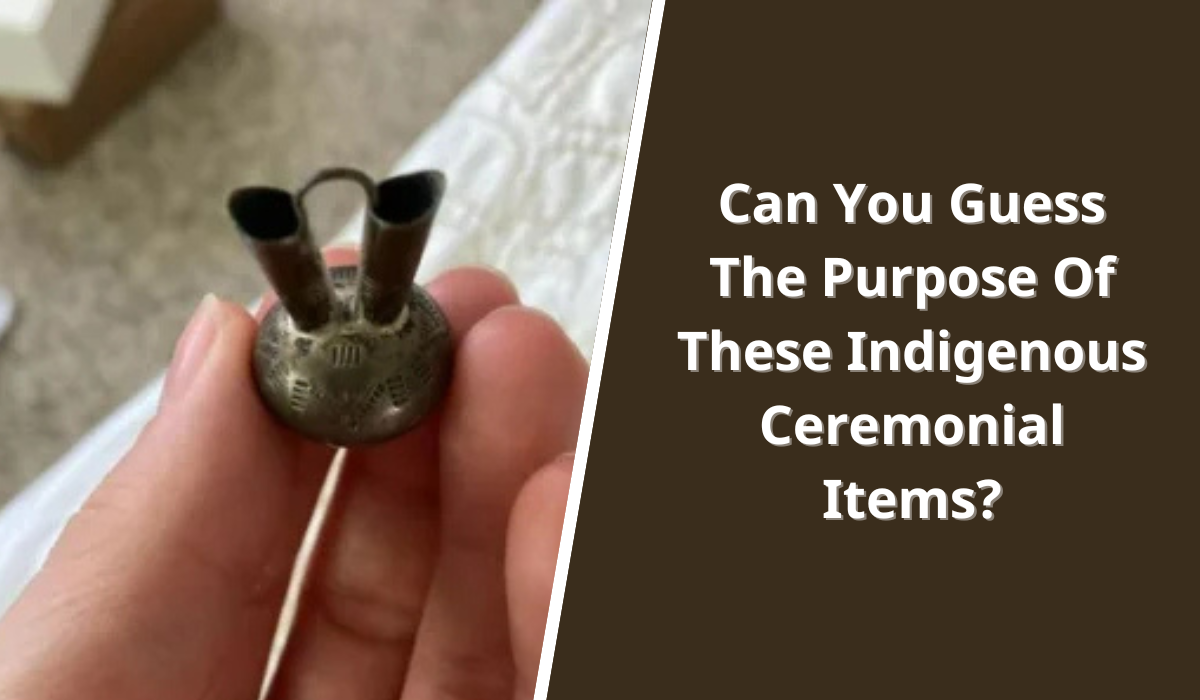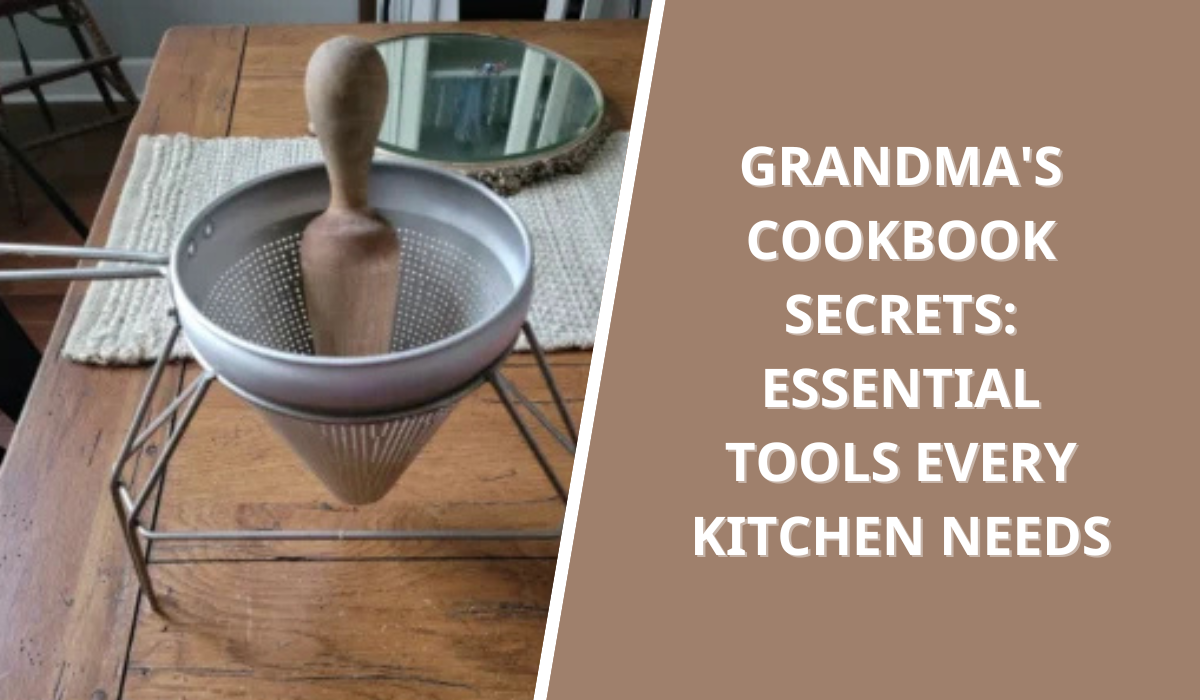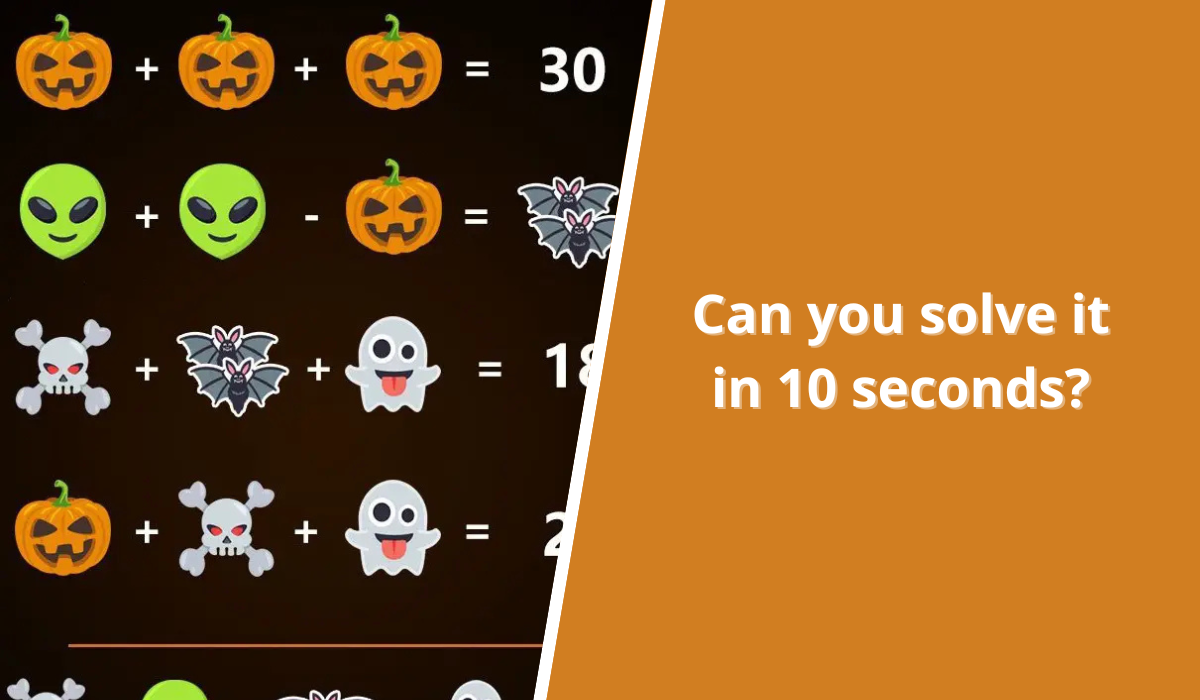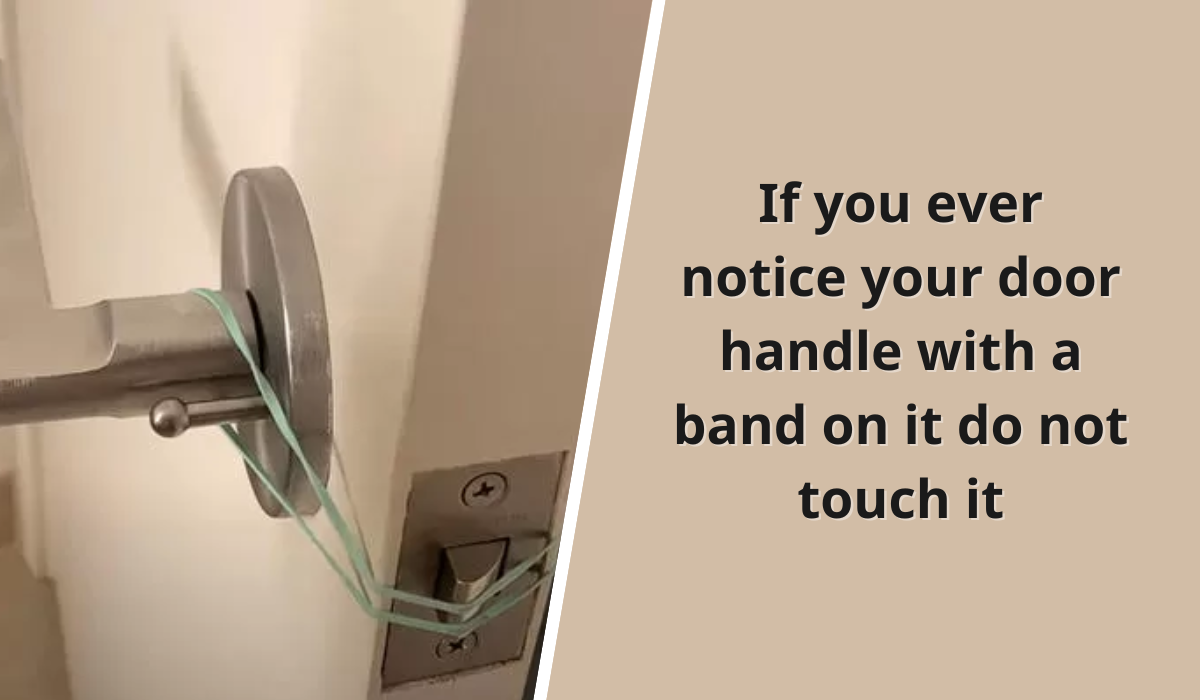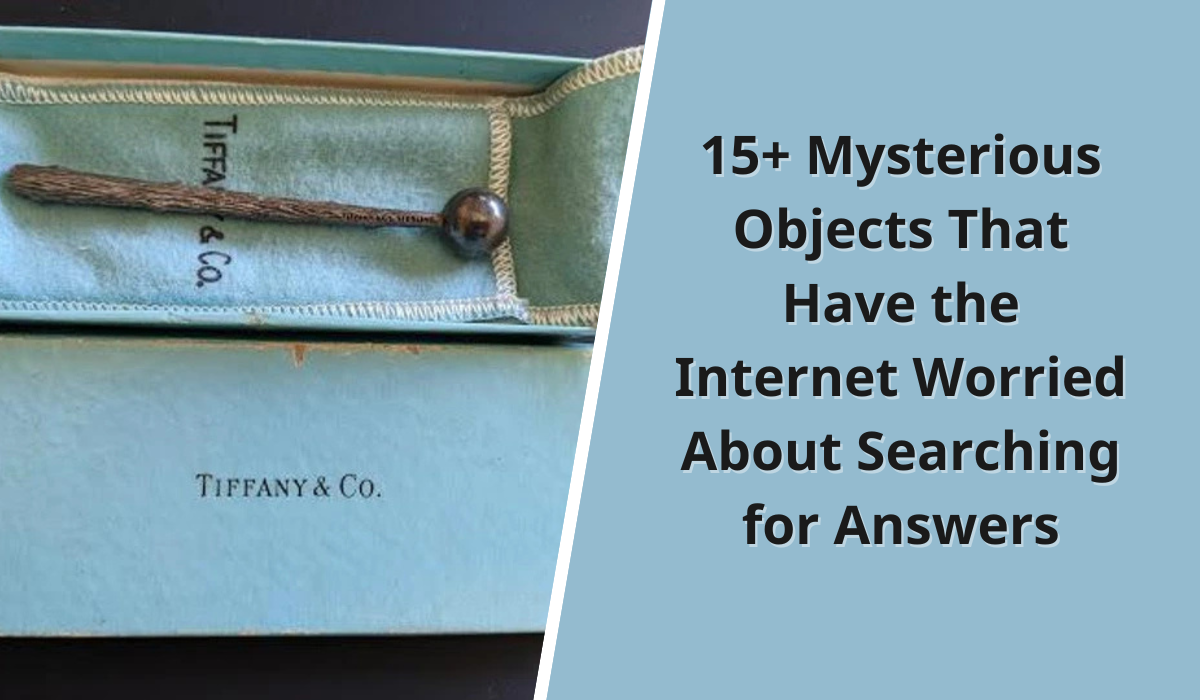In life, we often encounter situations that force us to make difficult decisions, choices that test our instincts, logic, and sometimes our survival. One particularly interesting scenario is when a man is faced with a choice between bread and keys.
Why would anyone choose bread over keys? The answer lies in the basic principle of survival and human nature.
The Choice Between Bread and Keys: A Symbol of Survival
When given the option to choose between bread and keys, the man chose bread. This simple decision sparks curiosity. On the surface, it might seem odd—after all, keys can unlock doors to new opportunities or freedom, right? But when we dig deeper, the answer becomes clear.
In a moment of survival, the body and mind prioritize immediate needs over future uncertainties. Bread, in this case, represents the basic necessity of nourishment, while keys symbolize potential escape or future possibilities.
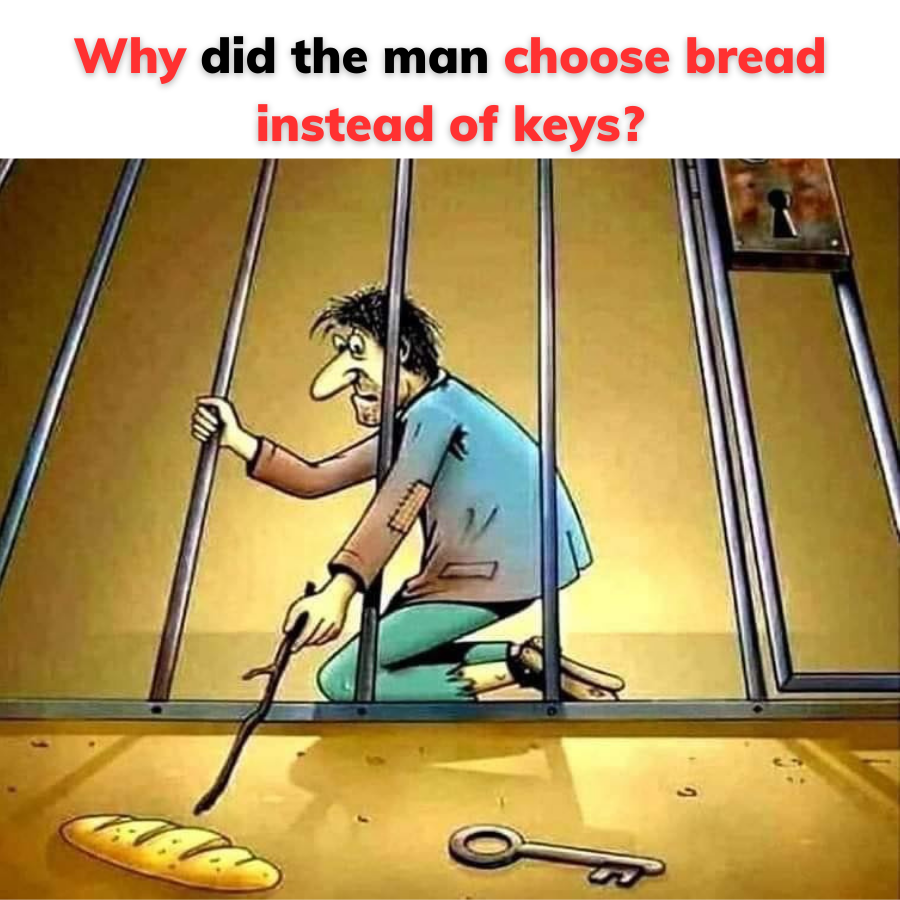
But here’s the catch: if you don’t survive today, tomorrow’s opportunities may not matter.
Understanding the Logic: Why Bread Matters More Right Now
At its core, survival is about meeting the most immediate needs. The human body cannot function without sustenance. Without food, energy levels drop, cognitive function weakens, and the ability to make rational decisions deteriorates. The choice of bread over keys is a clear indication that the man understood this fundamental truth.
Bread: A life-sustaining resource, it provides the energy needed for survival in the short term. Without food, survival is impossible. The man, aware of his physical state, knew that without bread, even if he had the keys, his ability to act on it would be severely limited.
Keys: While keys represent freedom or opportunity, they are useless without the strength or means to use them. If the man were to take the keys, he might hold potential power, but without sustenance, his body would weaken, and his ability to find a door or make an escape plan would diminish rapidly.
In essence, the man’s decision to choose bread over keys was a logical one—survive first, and then worry about escape.
The Psychology of Choices: Immediate Needs vs. Future Possibilities
This decision highlights a significant psychological principle known as Maslow’s Hierarchy of Needs. At the base of Maslow’s pyramid are physiological needs—food, water, warmth—basic human requirements for survival.
Only when these fundamental needs are met can a person move on to higher levels of psychological and self-fulfillment goals.
In the case of the man choosing bread over keys, he prioritized the immediate need for food, something that directly affects his survival. By doing so, he demonstrates that fulfilling basic physiological needs takes precedence over potential future gains, represented by the keys.
The Survival Instinct: Acting on What’s Certain
Another crucial aspect of this choice is the uncertainty tied to the keys. While bread offers immediate sustenance, the keys represent a gamble—there’s no certainty that using them will lead to freedom or a better situation.
Perhaps the key doesn’t fit any door nearby, or the locked door behind which the man might escape could lead to even greater danger.
Survival instincts guide humans to prioritize actions that have certain, predictable outcomes. In this case, bread ensures the man stays alive for another day, while the keys present too many unknowns. Faced with survival decisions, humans are wired to minimize risks and maximize the chances of living another day.
Lessons Learned: Prioritizing What’s Most Important
So, why did the man choose bread over keys? The lesson here is one of prioritization. Life often presents us with choices that are not always clear-cut, where we have to decide between immediate needs and future possibilities.
The man’s choice reminds us that sometimes, before we chase future opportunities, we need to ensure we have the foundation to pursue them.
Survival, both in literal and metaphorical senses, requires us to be grounded in the present. If we focus too much on what might happen tomorrow, we risk losing what we need to thrive today. The key takeaway is that, when faced with critical decisions, it’s important to evaluate your immediate needs before thinking about future gains.
Final Thoughts: Bread Before Keys—The Wisdom Behind Survival Decisions
In this thought-provoking scenario, the man’s choice to pick bread over keys teaches us an essential lesson about survival and human nature. It underscores the importance of focusing on the now—ensuring that our basic needs are met before we can explore the potential of tomorrow.
While the keys might offer the allure of freedom, they are useless without the strength to use them. Bread, on the other hand, provides the sustenance needed to keep going. In moments where survival is at stake, it’s clear that immediate, tangible benefits often outweigh distant possibilities.
So, next time you’re faced with a tough decision, consider the man who chose bread over keys. Sometimes, the best choice is the one that keeps you alive today, so you have the strength to pursue freedom tomorrow.

